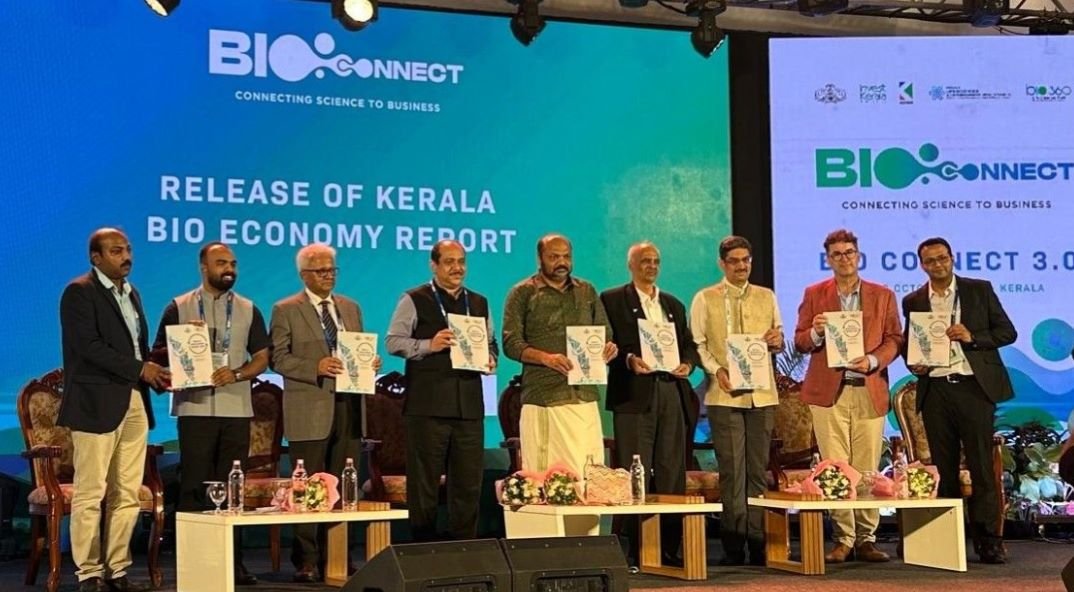New enzyme technology converts waste oils into biodiesel
December 04, 2014 | Thursday | News | By BioSpectrum Bureau
New enzyme technology converts waste oils into biodiesel
Novozymes announced the launch of Novozymes' Eversa, the first commercially available enzymatic solution to make biodiesel from waste oils.
The enzymatic process converts used cooking oil or other lower grade oils into biodiesel.
Biodiesel producers can thereby reduce their raw material costs. The resulting biodiesel is sold to the same trade specification as biodiesel created through traditional chemical processing.
A solution that loves free fatty acids
Growing demand for vegetable oil in the food industry has resulted in increased prices, causing biodiesel producers to search for alternative - and more sustainable - feedstocks.
Most of the oils currently used are sourced from soybeans, palm or rapeseed, and typically contain less than 0.5 percent free fatty acids (FFA).
Existing biodiesel process designs have difficulty handling oils containing more than 0.5 percent FFA, meaning that waste oils with high FFAs have not been a viable feedstock option until now.
Eversa can work with a broad range of fatty materials as feedstock, but initial focus has been on used cooking oil, DDGS corn oil and fatty acid distillates.
Better process economy
Making the change from a chemical catalyst to the enzymatic process requires retrofitting in existing plants.
Biodiesel producers looking to utilize Eversa will therefore have to invest time and resources to make the switch to the enzymatic process.
Novozymes' engineering partners estimate that the resulting improved process economy indicates a payback time of three years or less, depending on the plant setup and feedstock savings potential in that region.
Safer and more sustainable
The enzymatic process eliminates the need for sodium methoxide, one of the most hazardous chemicals in traditional biodiesel plants.
The radical reduction of harsh chemicals and by-products ensures safety for both personnel and the environment.









